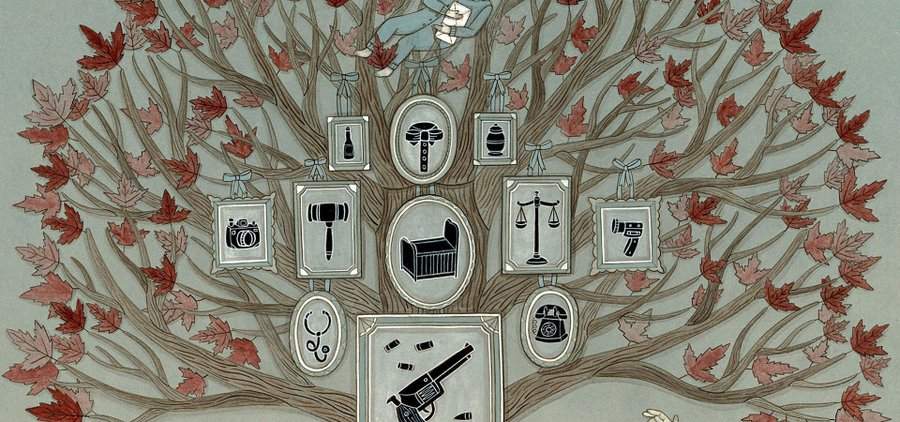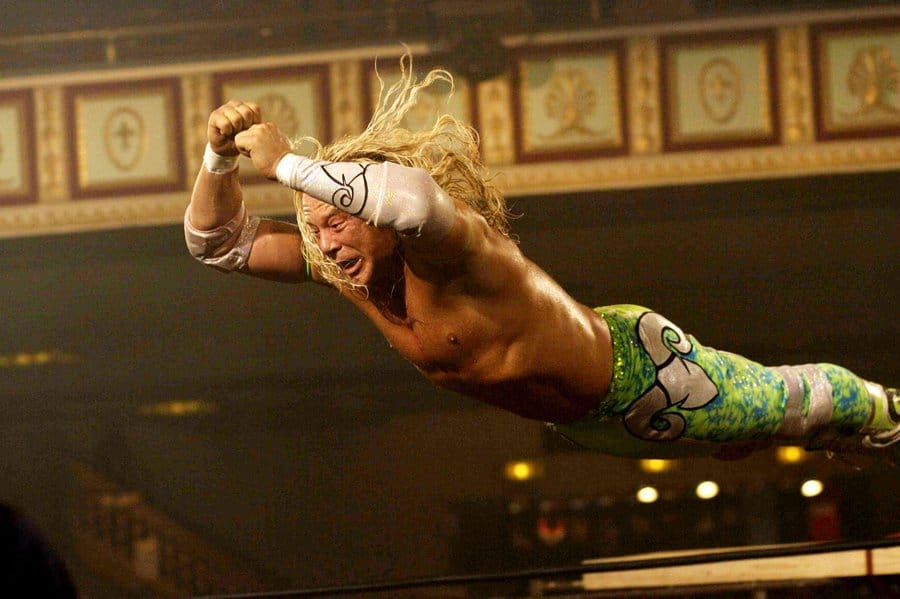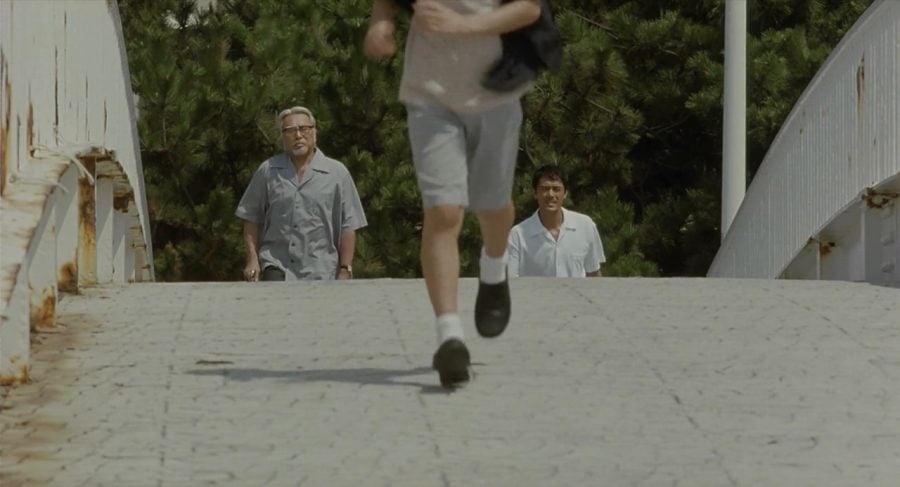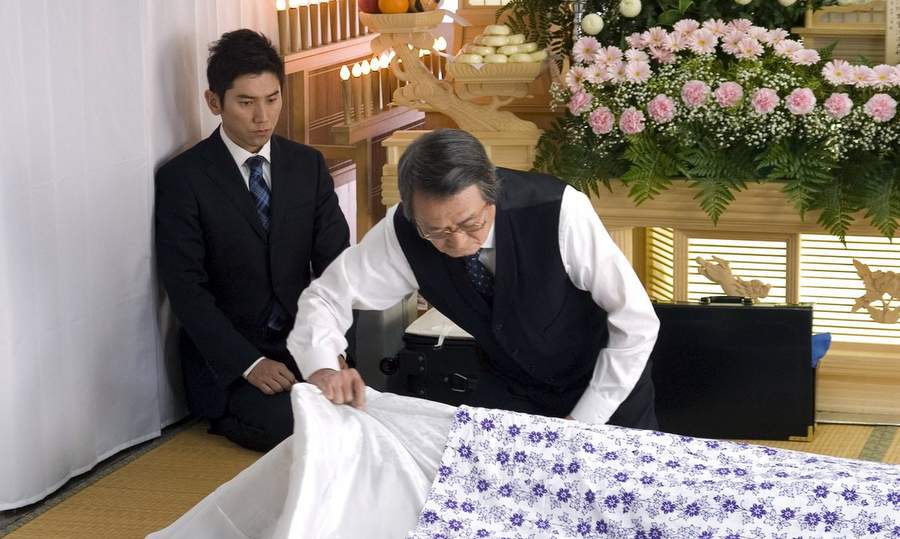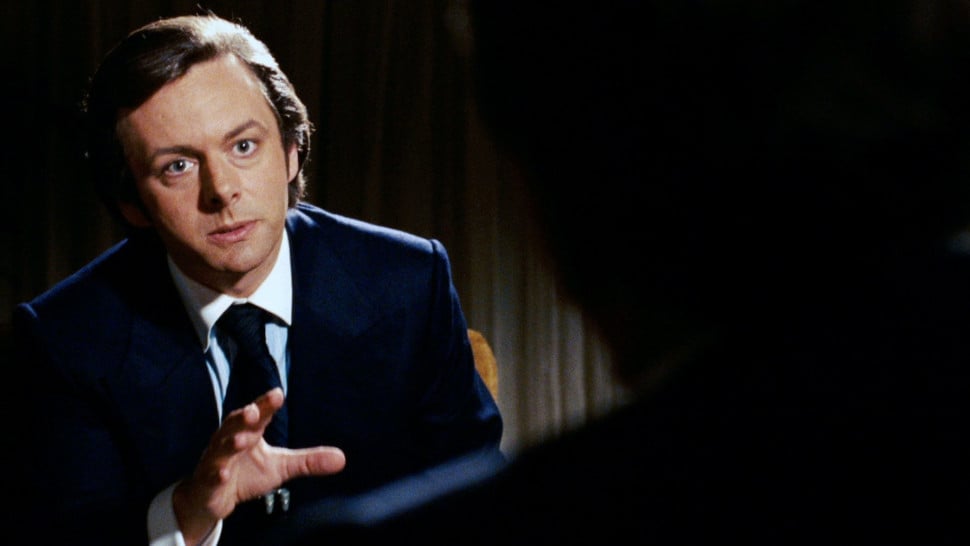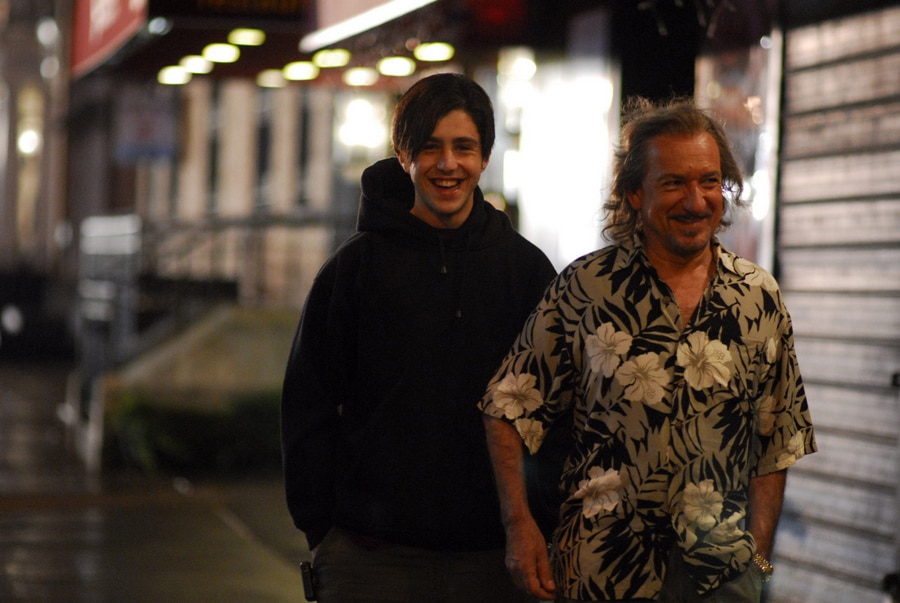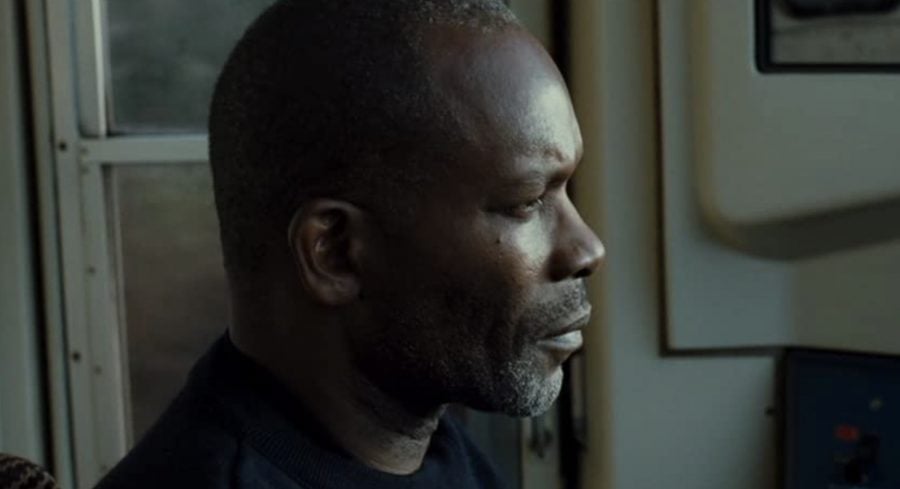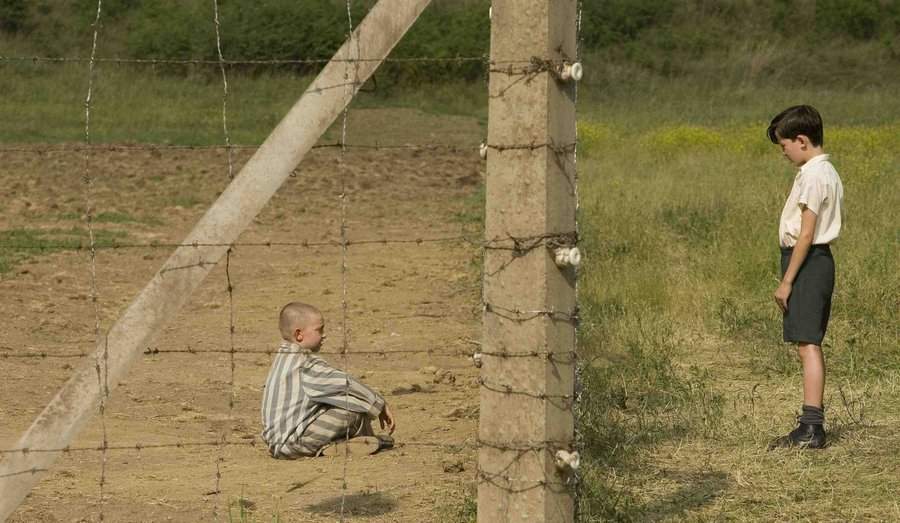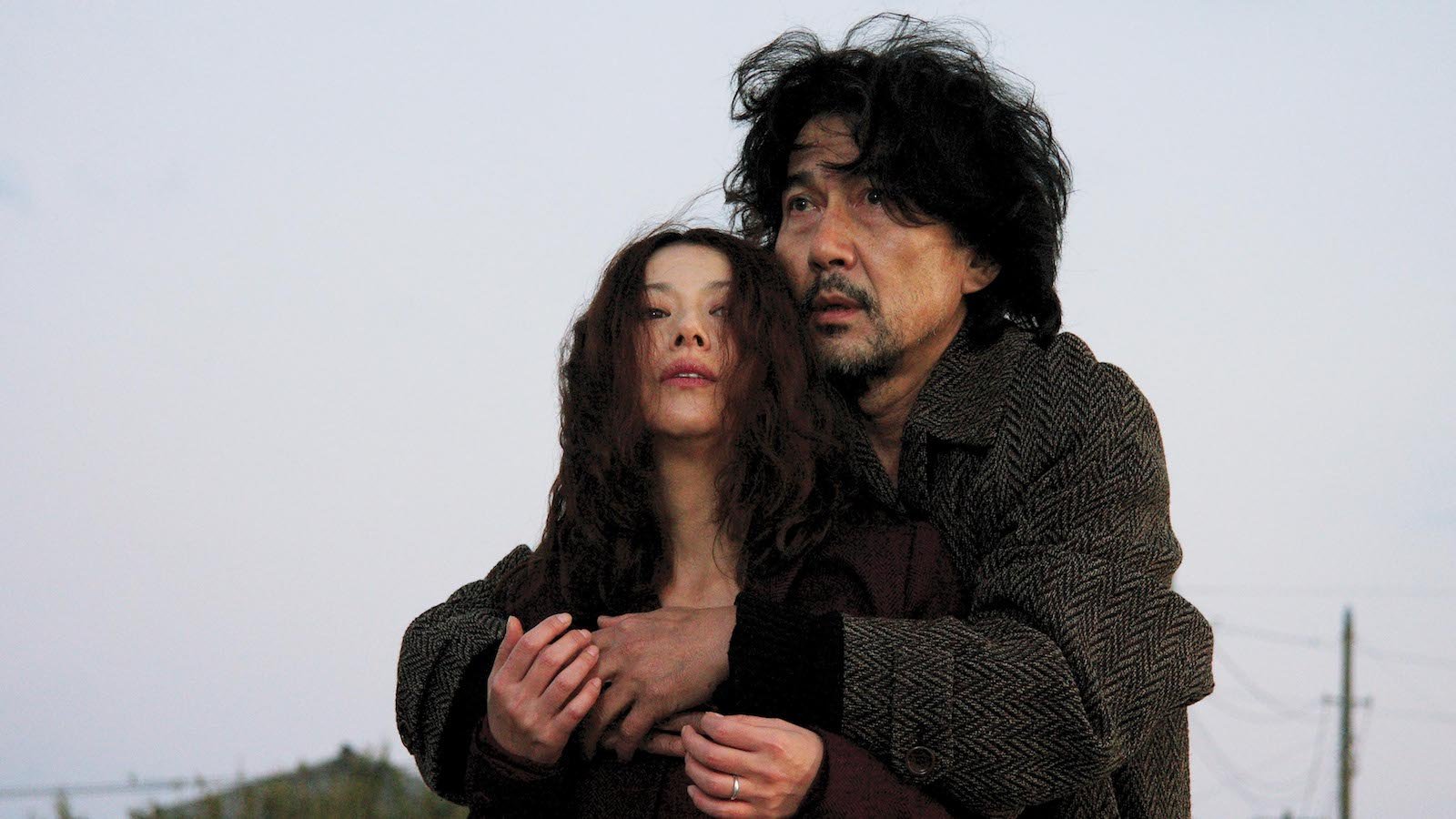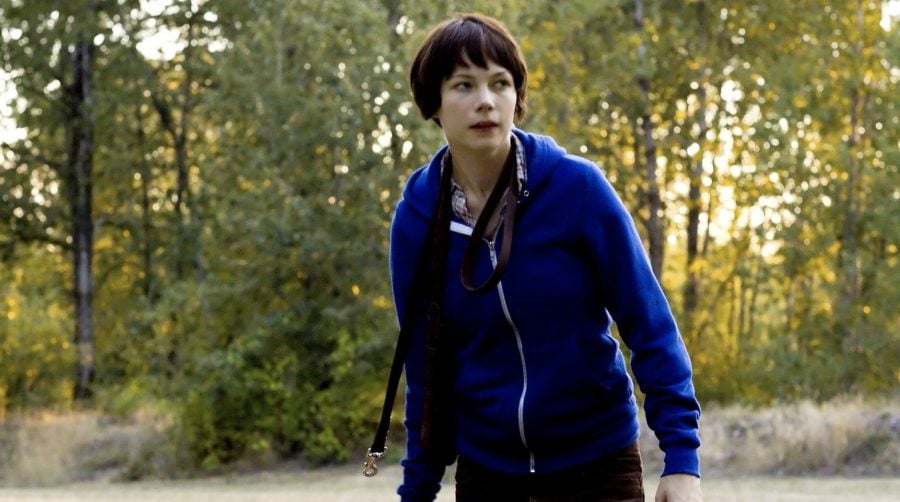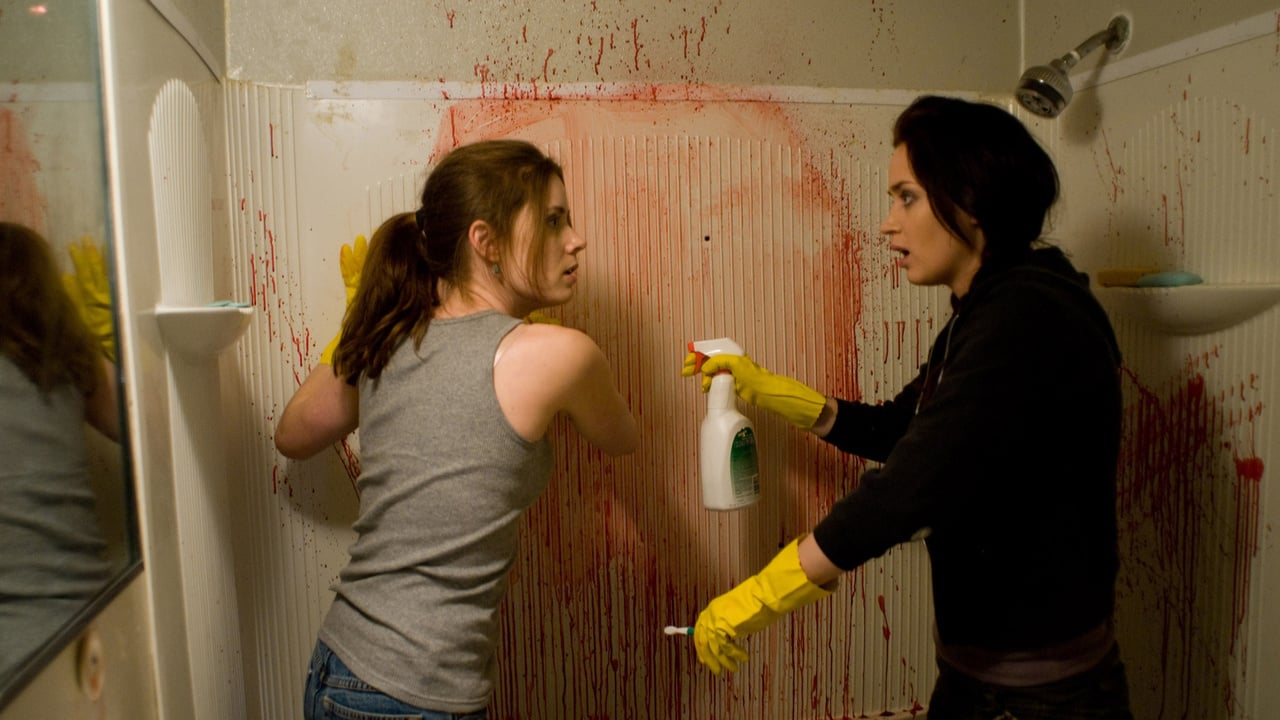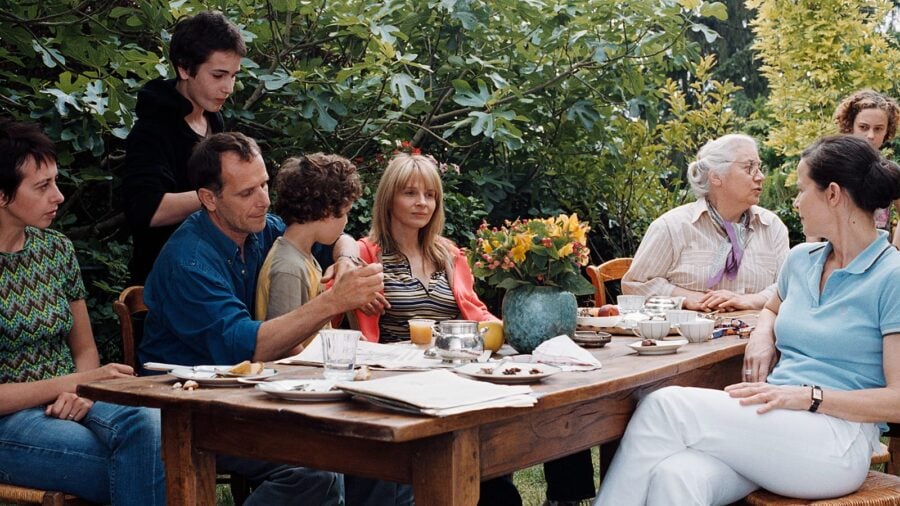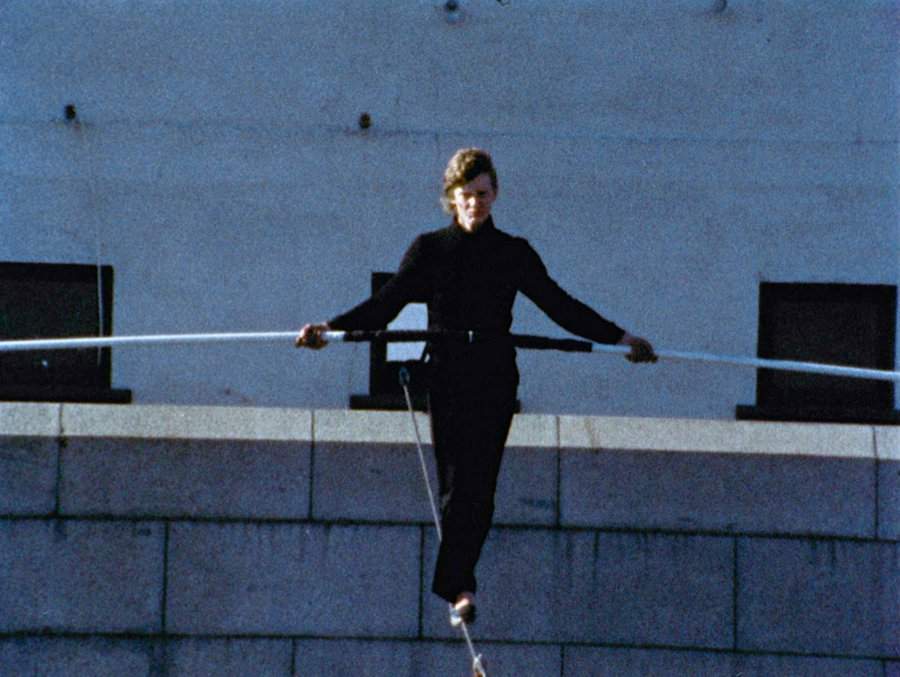In 2008, legendary and controversial director Darren Aronofsky delivered yet another unforgettable allegory, starring Mickey Rourke as Randy "The Ram" Robinson, an aging professional wrestler long past his prime, who is struggling to retain a sense of identity, purpose, and dignity later in life. Rourke, who worked as a professional boxer in his 90s and, like his protagonist, almost hung his hat at the time the movie was shot, delivers a once-in-a-lifetime performance that rightly earned him a Golden Globe. Everybody talked about this movie when it came out! Marisa Tomei's performance, who plays the mid-40s stripper The Ram pursues a serious relationship with, was also deemed iconic by some critics. Shot on 16mm film, The Wrestler's cinematography, like its acting, feels incredibly raw, intimate, and realistic. It is essentially about bouncing back, making amends, and growing old and features acting performances that will be remembered for a long time. One for the books!
Genre: Drama, Romance
Actor: Abraham Aronofsky, Ajay Naidu, Alex Whybrow, Alyssa Bresnahan, Andrea Langi, Armin Amiri, Ben Van Bergen, Bernadette Penotti, Bill Walters, Brandon DiCamillo, Brian Heffron, Charlotte Aronofsky, Claudio Castagnoli, Cobian, Daniel Healy Solwold Jr., Daniel Solwold Jr., Darnell Kittrell, Donnetta Lavinia Grays, Douglas Crosby, Dustin Howard, Dylan Keith Summers, Dylan Summers, E.J. Carroll, Emmanuel Yarborough, Eric Santamaria, Erika Smith, Ernest Miller, Evan Rachel Wood, Felice Choi, Giovanni Roselli, Gregg Bello, Jamar Shipman, Jeff Chena, Jen Cohn, Jess Liaudin, John Corson, John D'Leo, John Zandig, Jon Trosky, Judah Friedlander, Lloyd Anoa'i, Marcia Jean Kurtz, Marisa Tomei, Mark Margolis, Matt Cannon, Michael Drayer, Mickey Rourke, Mike Miller, Nate Hatred, Nicholas K. Berk, Nick Papagerio, Olivia Baseman, Paul E. Normous, Paul Thornton, Peter Conboy, Rebecca Darke, Rob Strauss, Robert D. Siegel, Robert Oppel, Ron Killings, Ryan Lynn, Ryan Tygh, Sakinah Bingham, Scott Franklin, Steven Haworth, Sylvia Kauders, Todd Barry, Tommy Farra, Vernon Campbell, Wass Stevens
Director: Darren Aronofsky
Rating: R

